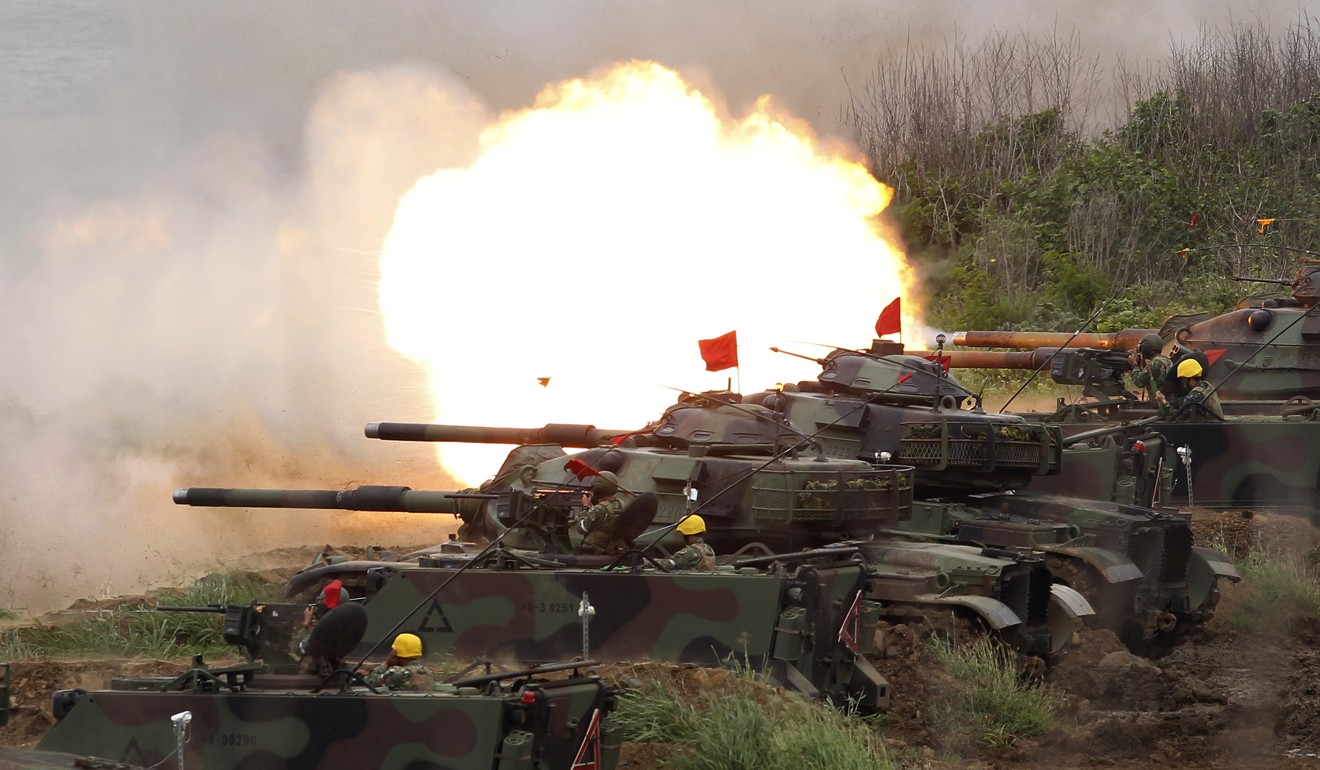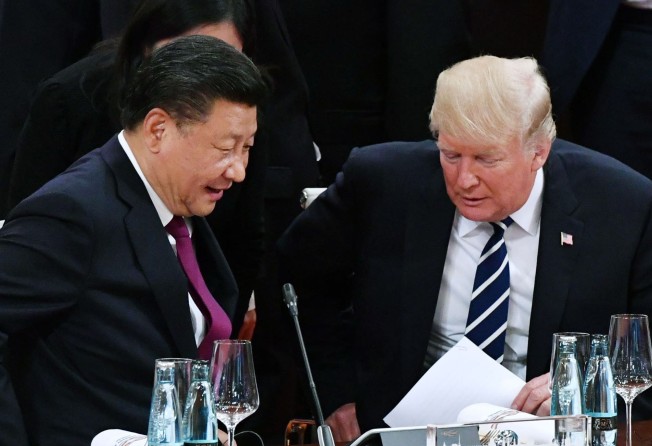
Taiwan arms sale raises question over US intentions on keeping promise made to China
Song Xiaozhuang points out that the US’ 1982 pledge about phasing out arms sales to Taipei remains just an agreement with China, not a law, unlike the 1979 Taiwan Relations Act

Media reported that in a telephone conversation on July 3, President Xi Jinping (習近平) urged President Donald Trump to honour the “one China” policy and stop selling arms to Taiwan. This issue has haunted Sino-US relations since diplomatic ties were established in 1979, and must be addressed.
In a 1982 US-China Joint Communiqué, the US pledged that it “does not seek to carry out a long-term policy of arms sales to Taiwan”; that such sales will not exceed the level of those supplied since the establishment of the diplomatic relationship with China, “and that it intends gradually to reduce its sale of arms to Taiwan, leading, over a period of time, to a final resolution”. Yet, arms sales have continued, 35 years and five US presidents later.
Under common law, an anticipatory breach is where one party so acts or so expresses itself as to show that it does not mean to accept or perform the obligations as agreed. With regards to the arms sale, an argument can be made that there has been an anticipatory breach. Two facts back this up.
First, clearly the joint communiqué has not been fully implemented, as US arms sales to Taiwan have not come to an end.

Second, the communiqué was signed on August 17, 1982 – while the Taiwan Relations Act had been passed on April 10, 1979. The act stipulated that the US “will make available to Taiwan such defensive articles and defence services in such quantity as may be necessary to enable Taiwan to maintain a sufficient self-defense capability”. The US government would have been aware of the existence of the act, which would prevent the said communiqué from being fully executed.
The US Constitution states that all laws and treaties made under the authority of the United States shall be the supreme law of the land. But while the Taiwan Relations Act is a law, the said communiqué is not a treaty.
This is because the constitution requires that a treaty must also be approved by two-thirds of the senators present. So, without submission to the Senate for concurrence, a joint communiqué would be a mere executive agreement, rather than a treaty, and of a lower rank than a law, such as the Taiwan Relations Act.
When the executive agreement was signed, the US government appears, by logical deduction, not to have been fully prepared to meet its international obligation.
Of course, the US government can always exercise discretionary power to decide whether to have any or reduced arms sales to Taiwan, or not, to avoid violation of the communiqué. But does the US intend to honour its international obligation?
Song Xiaozhuang is a professor at Shenzhen University’s Centre for Basic Laws of Hong Kong and Macau